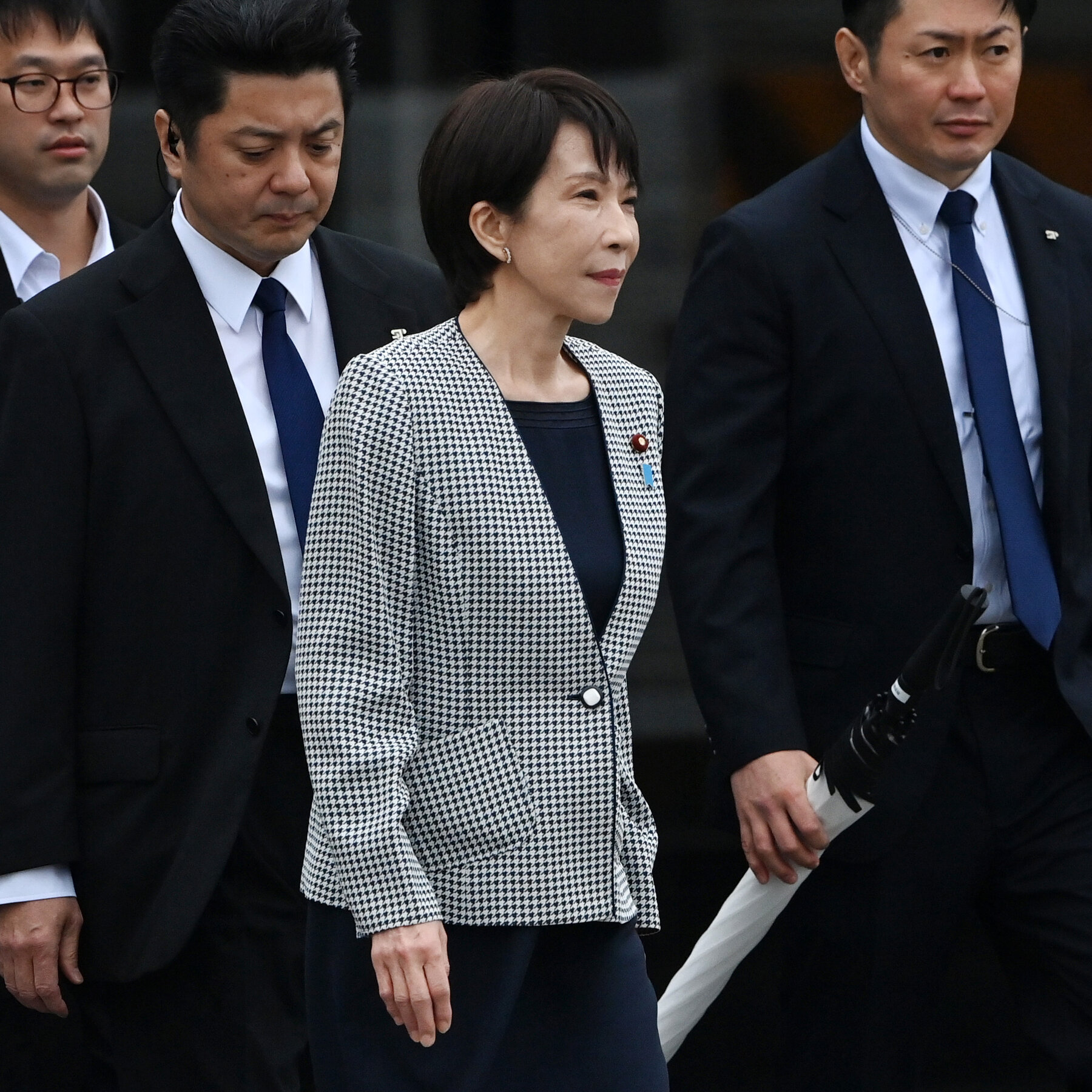Japan’s new Prime Minister, Sanae Takaichi, is navigating a critical diplomatic challenge as she seeks to strengthen ties with the United States under President Donald Trump. With trade and security concerns at the forefront, Takaichi is expected to emphasize her connections to former Prime Minister Shinzo Abe, a key ally in fostering Japan-U.S. relations.
Since assuming office, Takaichi has faced the immediate task of reassuring the U.S. about Japan’s commitment to existing trade agreements. The relationship between the two nations has been strained in recent years due to concerns over tariffs and market access. Takaichi’s approach signals a shift towards a more collaborative stance, aiming to build on the foundation laid by Abe, who had maintained a close rapport with Trump during his tenure.
Takaichi’s Strategic Outreach
During her upcoming discussions with Trump, Takaichi plans to highlight Japan’s role as a significant trading partner. According to data from the World Trade Organization, Japan exported goods worth approximately $140 billion to the U.S. in 2022. This figure illustrates the importance of maintaining a favorable trade environment, particularly as both nations seek to bolster their economies amid global uncertainties.
Takaichi’s strategy includes leveraging her longstanding relationship with Abe, who was instrumental in negotiating the U.S.-Japan Trade Agreement in 2020. By invoking Abe’s legacy, Takaichi aims to present herself as a continuity candidate who can uphold and enhance the bilateral relationship. This approach is vital, as she seeks to secure Trump’s assurance on defense cooperation, particularly in light of regional security threats.
The Prime Minister will also address the ongoing security agreements that have been a cornerstone of U.S.-Japan relations. The U.S. maintains a significant military presence in Japan, which is crucial for regional stability. Takaichi is expected to reaffirm Japan’s commitment to mutual defense obligations while advocating for a strategic partnership that benefits both nations.
The Broader Implications
Takaichi’s diplomatic engagement comes at a time when geopolitical tensions in the Asia-Pacific region are escalating. The rise of China and North Korea’s continued missile tests have heightened the need for a robust security alliance between Japan and the U.S. Analysts suggest that Takaichi’s ability to secure a positive outcome from her discussions with Trump could not only shape Japan’s foreign policy but also influence the broader dynamics of international relations in the region.
The Prime Minister’s visit is scheduled for March 2024, and it marks a pivotal moment in her leadership. Successfully navigating this early test could solidify her position domestically and enhance Japan’s standing on the global stage. As Takaichi prepares for these high-stakes discussions, the world will be watching closely to see how she manages to balance Japan’s interests with the expectations of its most important ally.







